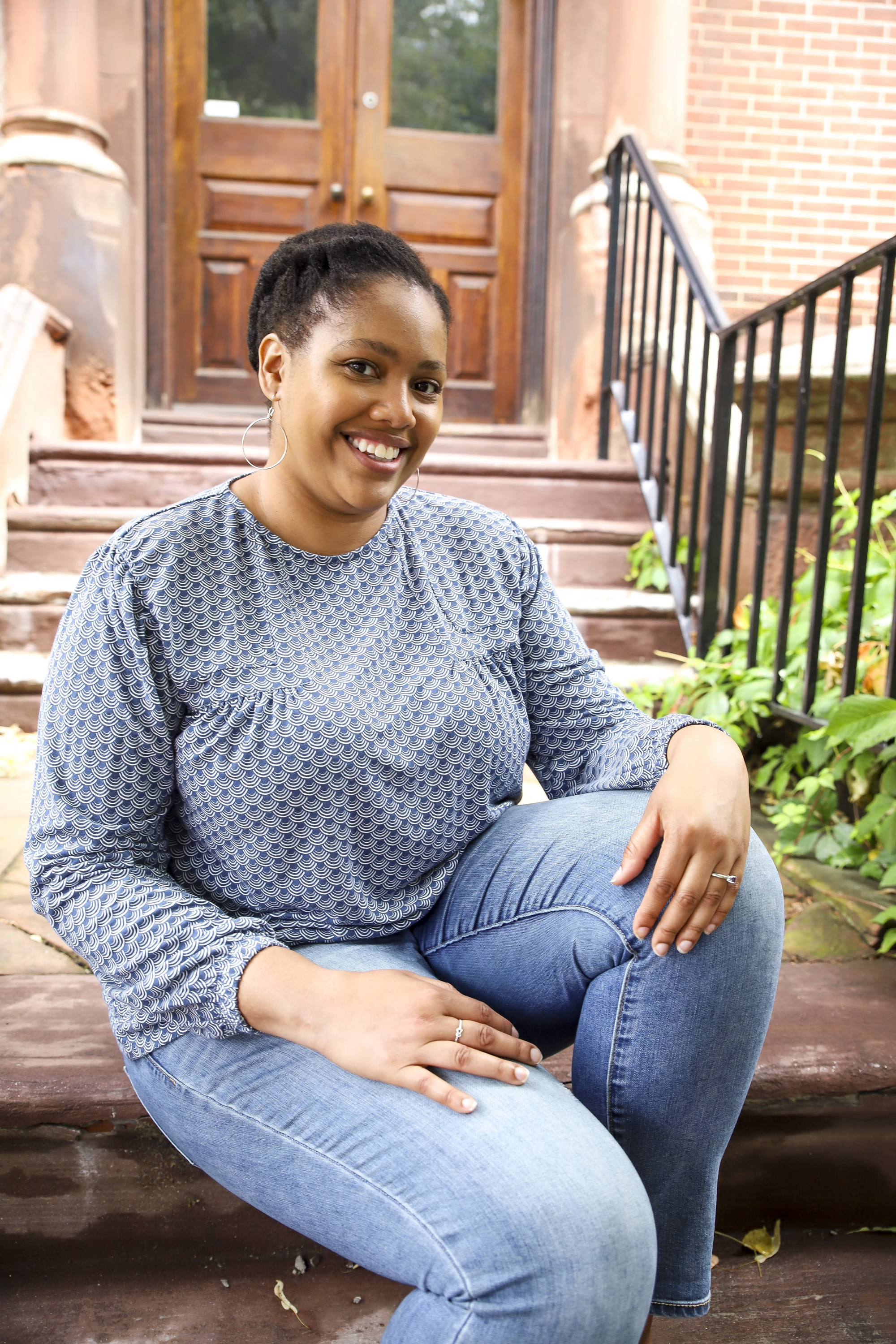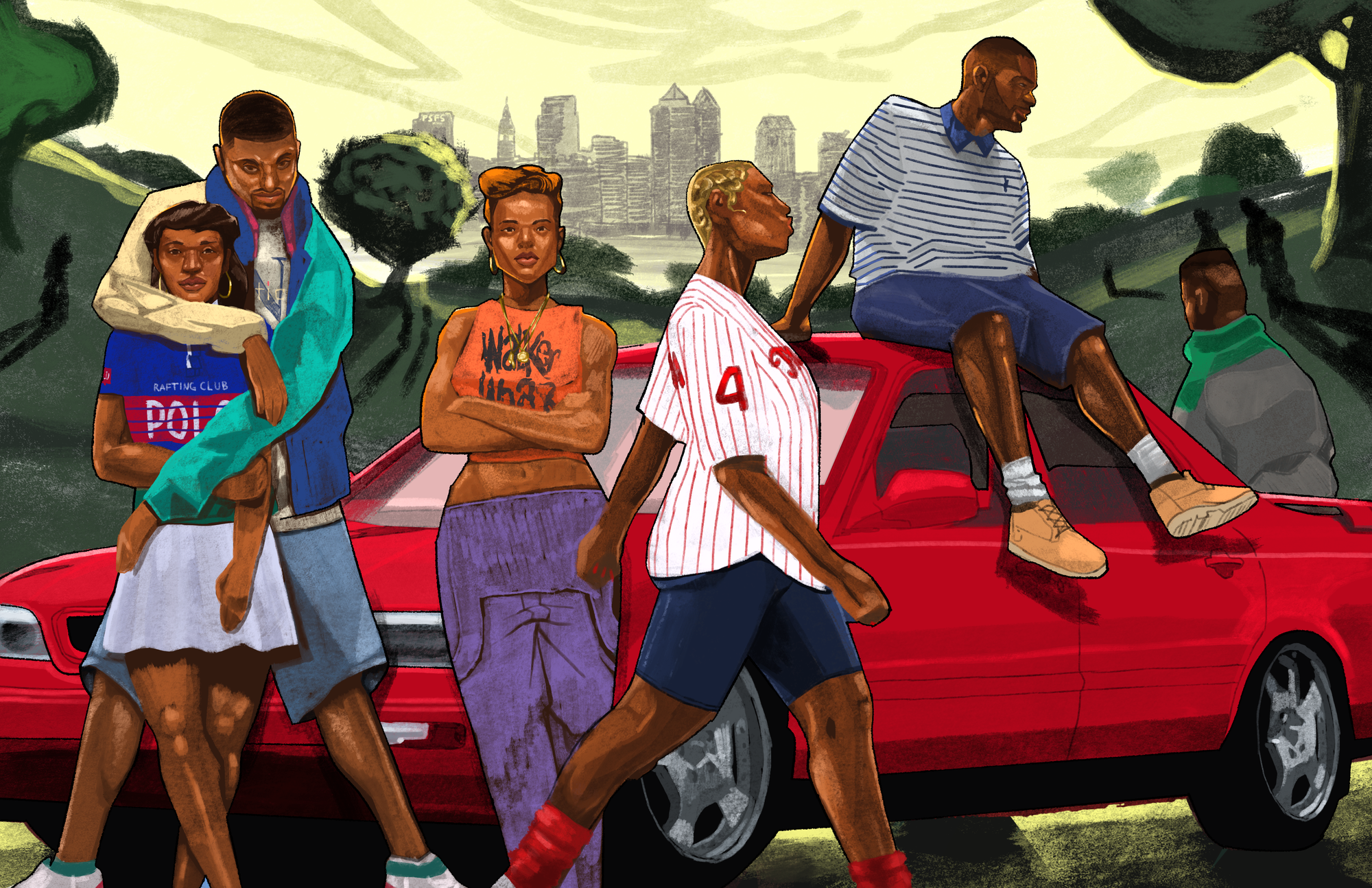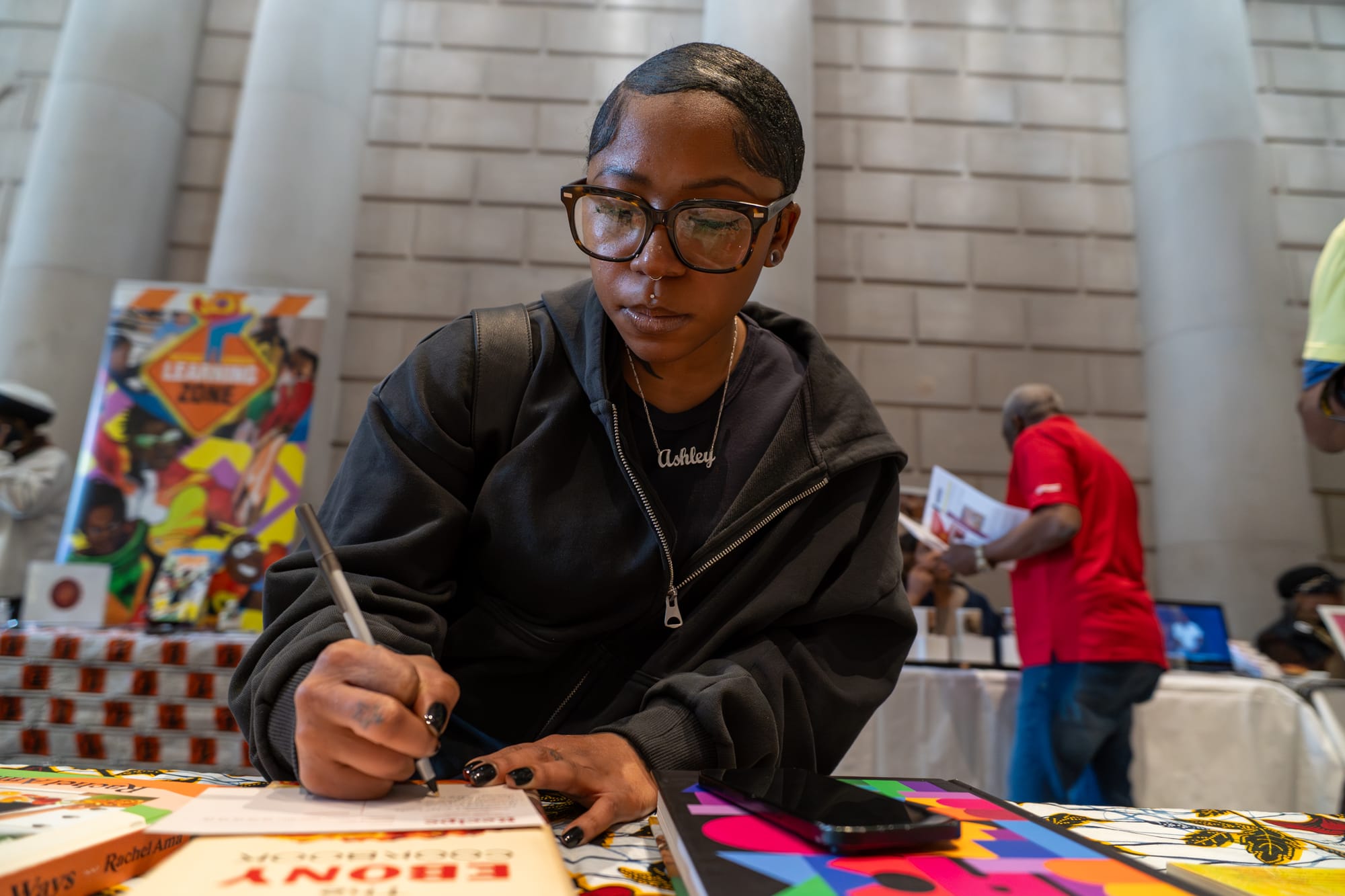Why Philly Black Pride Matters
Philly Black Pride (PBP) hosted its 26th annual Black Pride celebration on the last weekend of April.
Philly Black Pride (PBP) hosted its 26th annual Black Pride celebration on the last weekend of April. “This year’s theme is ‘Love is Love’ and we are excited to celebrate the diversity and strength of our community,” announced Jacen Bowman, Vice President of Philly Black Pride.
Founded in August of 1999 by the COLOURS Organization, the sole health services provider in the city that specifically focused on serving LGBTQ people of color, Philly Black Pride was initially hosted alongside the Penn Relays festival. In keeping with that tradition, the 26th celebration of Philly Black Pride was also held simultaneously with Penn Relays.
A weekend of celebration included a Pride Flag raising at City Hall. Bowman set the tone for the weekend in his opening remarks. “This year marks the 26th anniversary of Philadelphia Black Pride. That is 26 years of building community, affirming identities, and standing tall in our truth. That is 26 years of us saying unapologetically, we are here, we matter, and we deserve joy.”
That proclamation matters, especially now. When the current administration is floating the idea of defunding the LGBTQ Crisis Hotline 988, a hotline that exploded following the election last November, it matters. When the current administration eliminates 270 grants totaling over $125 Million for LGBTQ research by the National Institutes of Health, it matters. When national pride events are being cancelled for participants' safety, it matters. As organizations and businesses scale back their own Pride observances due to “pressure” from the administration, it matters.
Philly Black Pride isn’t just a weekend of parties and activations. It is a safe haven for LGBTQ folks, a respite, a safe space where, even for just a few hours, they are free to be. “It's a sense of belonging,” says Bowman. “I remember how I felt when I was 16 years old and when I first discovered the gay-borhood and I remember what it was like for me when I first seen the first trans woman of my life and seeing how people were able to walk around and be authentically themselves, unapologetically themselves, boldly, loudly. That's the most fulfilling part for me.”
“Philly Black Pride isn’t just a celebration,” says Kobina Amisah, a supporter of Philly Black Pride. “It’s a statement. It highlights issues within the Black LGBTQIA+ community, exposes gaps in Philly’s LGBTQIA+ landscape and leadership, and calls for protection of some of the most vulnerable Philadelphians.”
Marquise Richards, another supporter, agrees. “Philly Black Pride is important because it is a revolutionary act to live with joy, celebration and education,” he says. “It matters that Black queer people are visible and existing in spite of the political war on our community.”
That political war can be felt here at home. The Philadelphia area’s own Black LGBTQ history is rich. Civil rights hero Bayard Rustin was born in West Chester, Pa. Anita Cornwell, the legendary Black lesbian writer, made Philadelphia her home until she passed in 2023. Joe Beam, author of the first anthology of Black Gay writing entitled “In The Life” was a lifelong resident of the City of Brotherly Love. Yet these and many other’s contributions go largely unnoticed, especially during Pride.
“Philly Black Pride is important because Black people have always led liberation and shaped culture, and deserve to be centered. Yet too often, our voices are excluded, even within spaces that claim to celebrate diversity,” ” says Amisah “ Even here in Philadelphia, home to a thriving LGBTQIA+ community, a Pride parade in June, Outfest in the fall, and a Gayborhood with rainbow-painted streets, Black people still struggle to find spaces that make them feel valid. I can hardly remember the last time I felt inclined to hit up the Gayborhood since the Black-owned bar, Level Up, closed. Unsettling in a city that had to fight just to add Black and brown stripes to the Pride flag.”
Bowman agrees. “During the overall pride celebration at one time, I personally did not see enough Black and Brown people infused in that, especially when the city's neighborhood was known to be a racist, but we know we have made important strides to bring community together,” the organization’s Vice President said.
The answer, as it is with Black culture overall, is to create our own spaces. That is what Philly Black Pride has become, a safe space for Black LGBTQ people to see themselves and be themselves. “This celebration brings together community, education and celebration,” says Richards. “There have been panels where folx were able to tell their stories, hold us accountable and remind us of the deep history of Philly’s role in ensuring Black queer people were represented in the various movements. This is how our story stays alive and ensures that we continue to shift the culture when policy may tell us otherwise. So Philly Black Pride will become a cultural and political institution to ensure the preservation of our community.”




